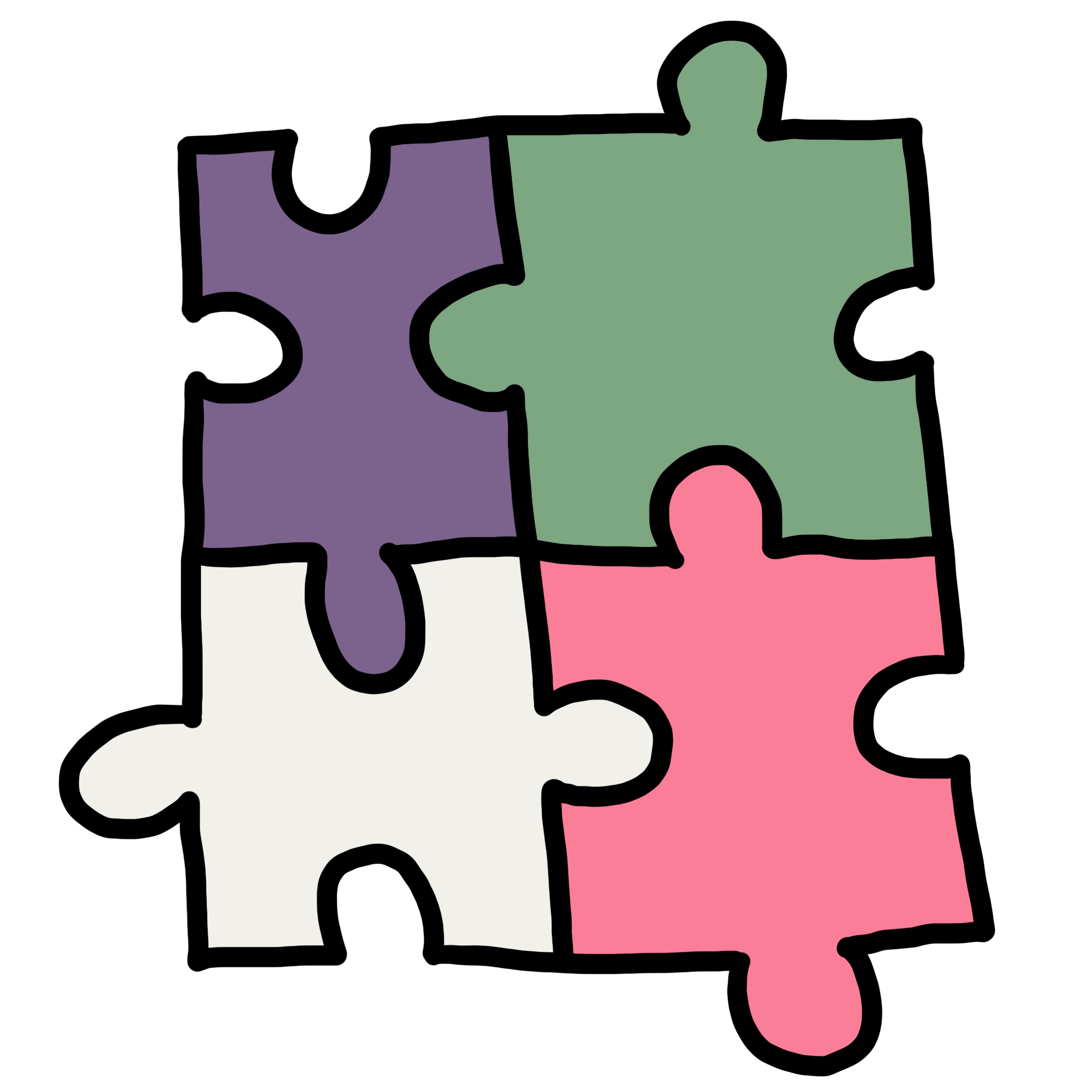Literature Content Management – Keeping usable records of the information inside the research papers you read
Online (Zoom)
Papers. They support our research, buttress points, dismiss arguments. We keep track of bibliographic information for the papers we read using programs like Zotero or Endnote.
But what about the contents? What about the information papers contain?
As we read more and more papers, it’s easy to misconstrue key details, to confuse one study with another, or even to entirely forget having read the paper!
Although Zotero and Endnote have ‘notes’ sections for comments, they don’t provide a structure to organize key information for later ease of access. (Though, come to think of it, what exactly is the key information in the papers we read? If you think it’s just the results, think again!)
The Literature Content Management System we will teach in this workshop addresses these issues, making it possible to do much more with the information in the papers we read.

Target audience:
1. Researchers frustrated with not being able to keep track of the papers they’ve read;
2. Data stewards who want to help researchers understand the different types of data
generated by scientific processes, and how to keep track of it.
3. Anyone interested in understanding how to read papers better, and keep track of
what they’ve read.
You will learn:
— How to read a paper with a clear concept of what information you need to understand what researchers did (btw, information about how scientific processes were conducted is also scientific data).
— How to identify missing information in a paper (in answer to the eternal imposter syndrome question: am I too dumb to understand or is the info simply not there?).
—What the difference is between the science researchers did, and what they said they did in the paper they wrote.
—What tools you need to understand science well (hint: you were born with them).
—Why well-documented science is so crucial to your scientific career (and the scientific record, but that’s another conversation).
—And most importantly: How to build your very own searchable database of information found in the papers you’ve read.
ONLINE Workshop led by Monica Gonzalez-Marquez (DRA Trainer).
Joyce Kao
